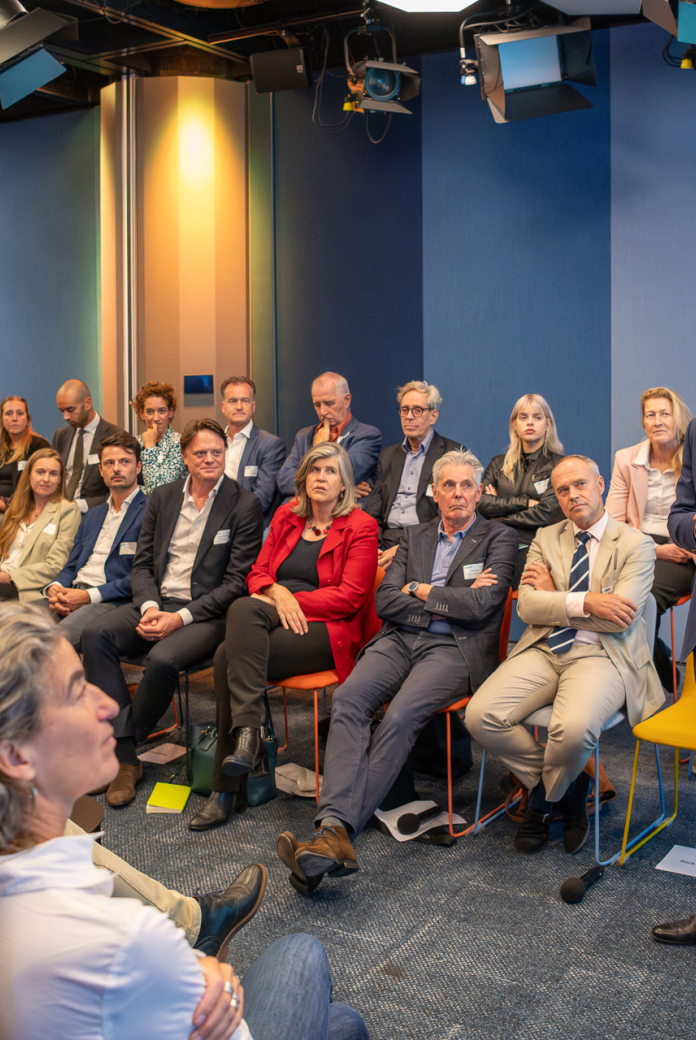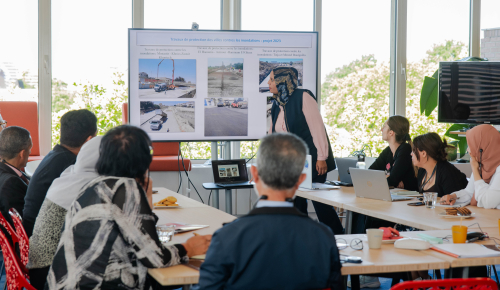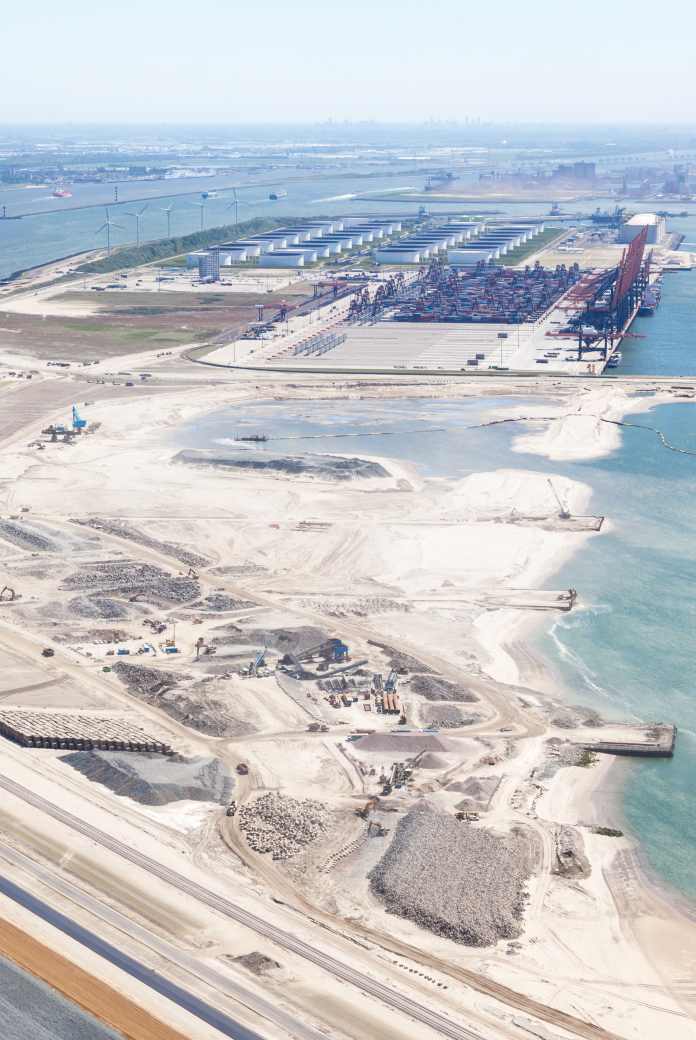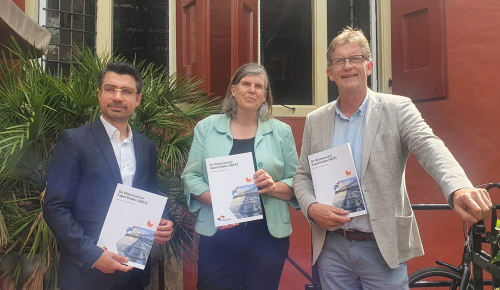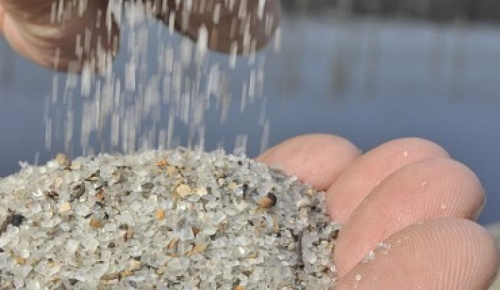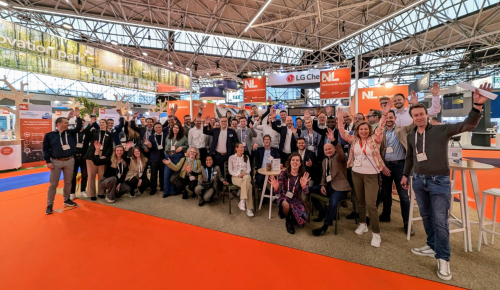Interview
30 November 2021DSS expert Alex Velzeboer: "You cannot expect to change everything"
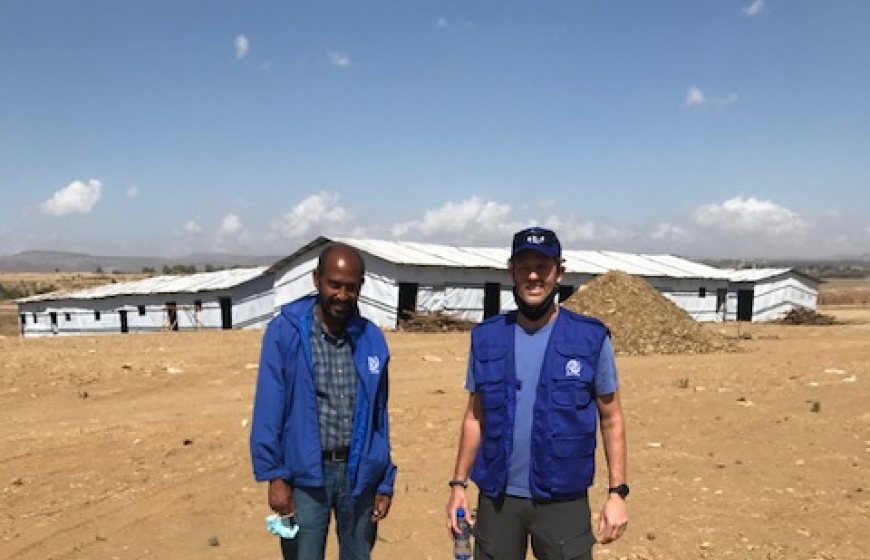
Dutch Surge Support (DSS) deploys experts to support the humanitarian sector during water-related disasters. WASH expert Alex Velzeboer has been deployed in various emergencies; he combines this work with his day job as a speed skating coach for the Jumbo Visma team.
"When I am in the field, I look at the water, sanitation and hygiene situation. Is there enough water for the expected number of refugees? How can we make sure the quality is good, or good enough?" says Alex. "In refugee situations, you can't expect the water to be of the same quality as tap water in the Netherlands. Still, it has to be safe to drink."
Sanitation and hygiene are just as important. This means looking at the number of latrines or emphasising the importance of handwashing. "Washing hands is universal. We try to make people aware of its importance, especially now, during the COVID pandemic," says Alex.
Working with DSS water
Alex studied Civil Engineering at Delft University of Technology in the Netherlands, where he earned a master's degree. At the same time, he was a member of the Dutch national short-track speed skating team. He has continued his career in speed skating and today works as a long track speed skating coach.
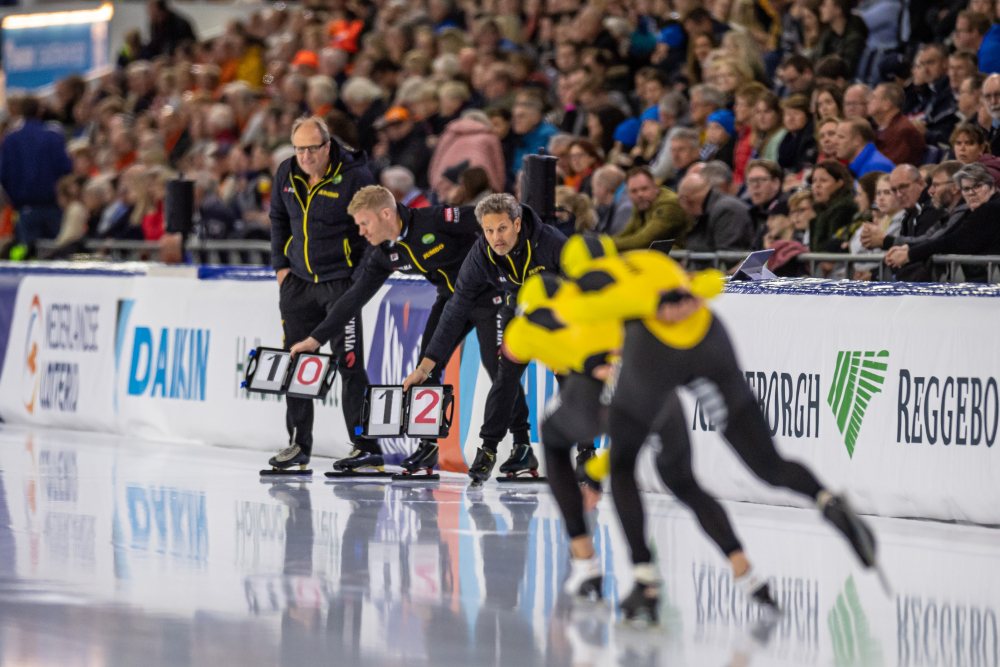
After graduating, he took on subsequent roles, including a sewage project for Dutch construction company Royal BAM Group for about three years, and project management for global engineering and consulting company Arcadis. During that time, he took a sabbatical to work with Médecins sans Frontières, and after leaving Arcadis, he joined the Red Cross.
Alex then decided to get involved in DSS water. "Working with DSS water was an opportunity to work in an area that really interests me," says Alex. "I was always thinking of how to work in a challenging field and support people in need."
His first assignment was in Turkey in 2017. "I was supporting refugees from Syria. Turkey was one of the closest places they could get to. When I joined, they didn't have a WASH setup. The idea was to offer WASH facilities (water points, latrine blocks and distribution of soap) within the camp, adequate space between tents, proper health, and proper shelter," he says.
Important mission activities
Alex highlights several important aspects while supporting humanitarian interventions. "It's important to get as much information as possible from your local colleagues on the ground. Also, to talk to as many partners as possible to get different views, and see what the real needs are," he says.
He continues: "What are the gaps? How can we provide support? How can we work together? What are the partners doing? Always making sure we support as many people as possible with the basics in WASH."
You can't expect to change everything. But you try to put some structures into place. You want your colleagues in the field or your successors to follow up or improve the situation in the camps, schools or wherever you are working.
Alex Velzeboer
Given the many challenges, Alex knows it is important to look at the progress. "You can't expect to change everything. But you try to put some structures into place. You want your colleagues in the field or your successors to follow up or improve the situation in the camps, schools or wherever you are working," he says.
A challenging role
"It's always challenging and interesting to work in different countries with different situations that need resolving," says Alex. "You are away from home, sometimes three months at a time. You have to be aware that it will affect your private life."
There are other challenges too. "People are expecting a lot from you as well," he says. "You have to feel that you are doing all you can and that is all you can do. So, I try not to feel too pressured, because then it can become quite difficult. We work under enough stress already, running projects in places like Herat, Afghanistan, and most recently Tigray, Ethiopia."
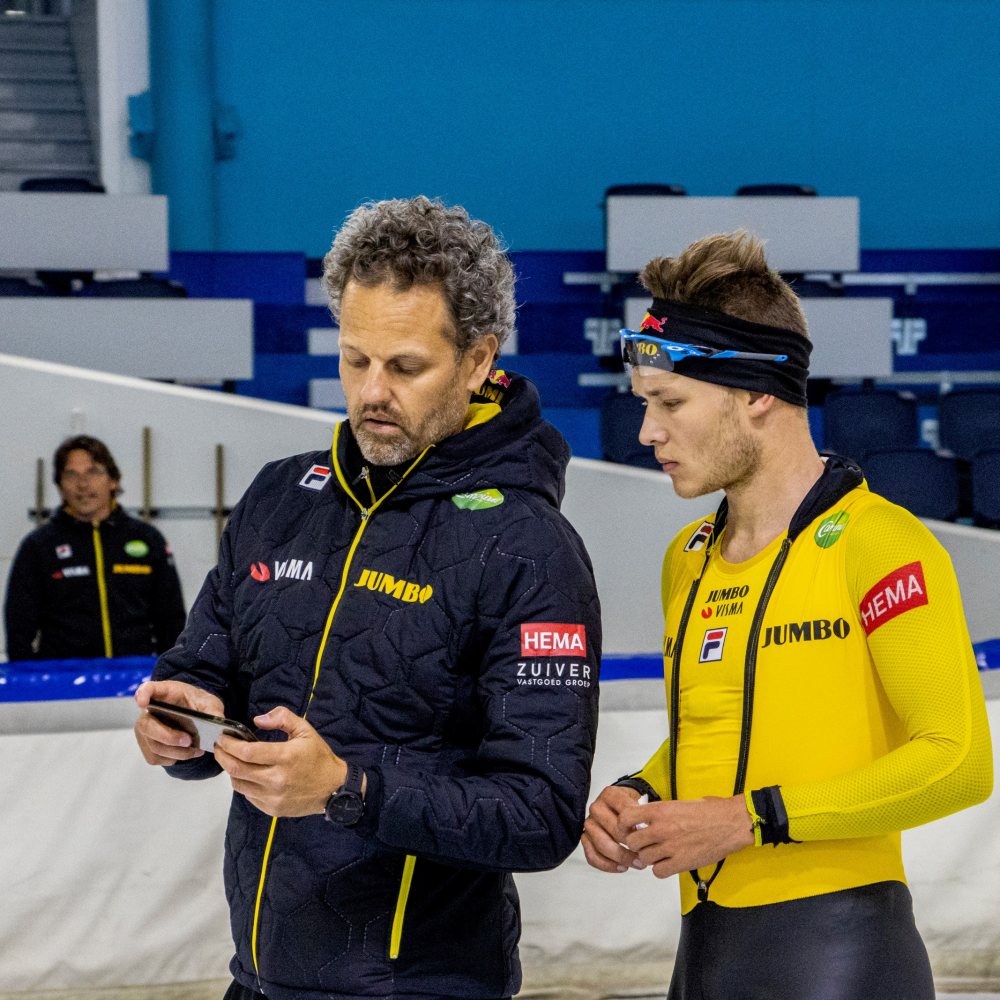
In responding to those challenges, Alex also sees that he can bring transferable skills from his ongoing speed skating coaching to his DSS water work. "When I go to a new project and a new team, I like to set common goals and try to achieve them with my team," he notes. "I enjoy working with my colleagues in the field and try to give them some pointers and suggest they try things in different ways so that we keep improving our impact on the ground."


